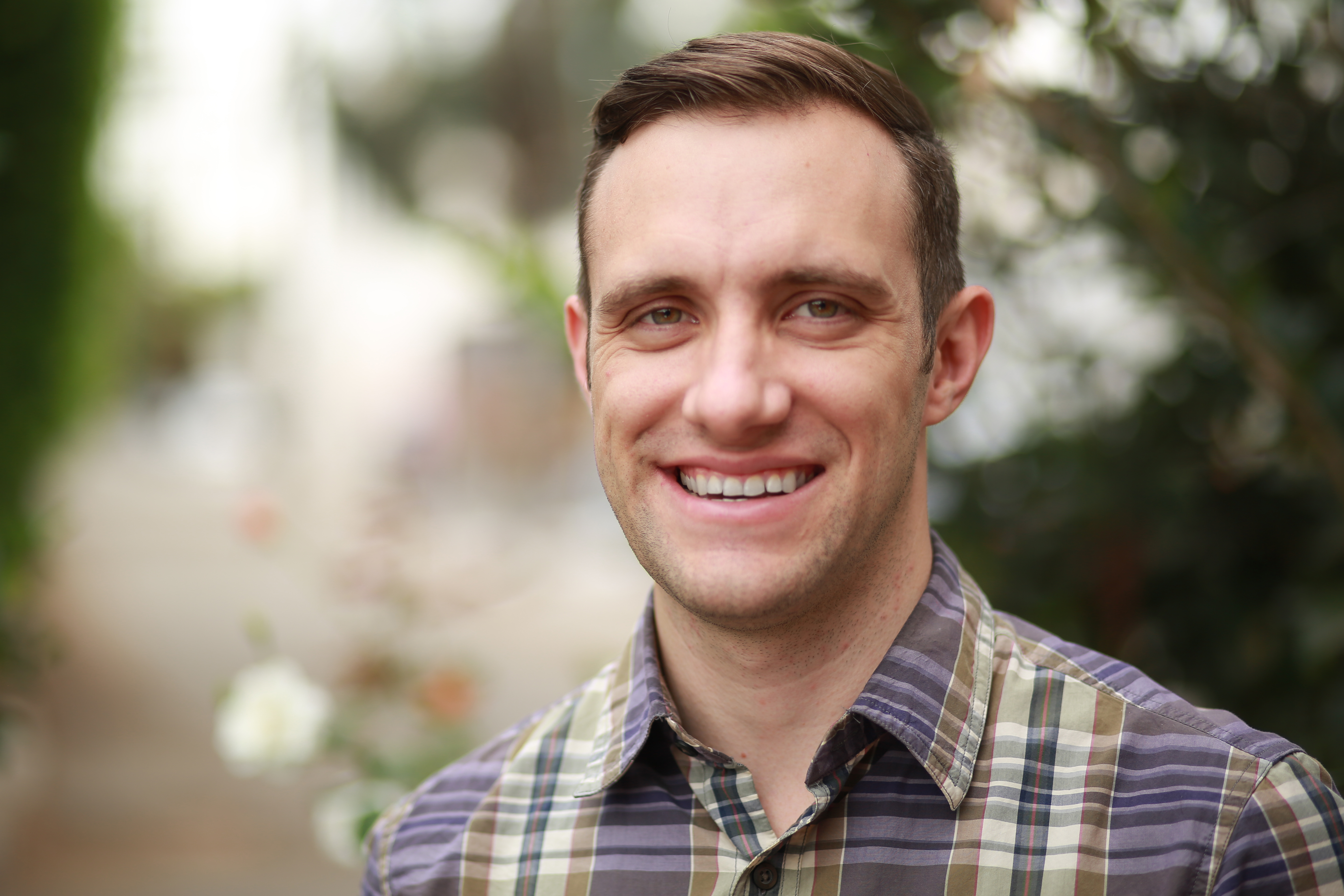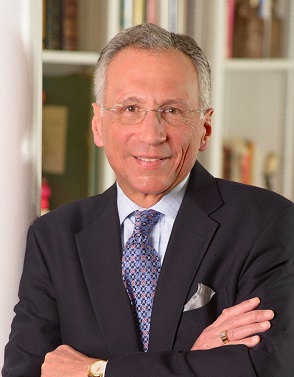We Spoke To A Former Army Doctor On CIA Torture Report: "War Has Rules"

By:
After last week's Senate report on the CIA's enhanced interrogation and torture of detainees in the wake of 9/11, we talked to one of the foremost medical experts on the program. (Confused about what's in the report? Check out our explainer.) We really wanted to know how these shocking techniques -- from rectal feeding to forcing prisoners to stand on broken feet -- could have happened with doctors present.
Here's our conversation.
Dr. Stephen Xenakis is a retired brigadier general who served in the military for 28 years. He's a medical expert witness to the military commissions handling the cases of detainees in custody at Guantanamo Naval Base. He also advises on cases in federal court dealing with accused terrorists. Xenakis has a unique perspective on the the Senate's report on CIA enhanced interrogation and torture, having been close to these investigations for years. He's interviewed multiple detainees held at Guantanamo and advised their lawyers. He's been outspoken about the medical profession's participation in torture techniques, serving on a task force last year that found medical professionals in the military to have violated their ethical duties by participating in inhumane treatment of detainees at Guantanamo. Dr. Xenakis is board certified by the American Board of Psychiatry and Neurology in General Psychiatry as well as Child and Adolescent Psychiatry.

Dr. Xenakis, was there anything in the report that surprised you?
Not really. For the ten years that I've been involved, much of this had already come out. So, there are really no surprising findings. The benefit of the report is that it's out, and it's official.
So you had already seen most of this serving as an expert witness?
When I provide advice in these cases, I sign a protective order that completely precludes me from discussing the sources of information.
Got it. Can we assume there were not doctors present while these techniques were taking place?
We don't know exactly whether doctors were there or not [when these techniques took place]. All of that information is still classified. But we do know that doctors and psychologists were at the various sites. That's been publicized. And I don't think we can assume that [medical professionals] were not there at the time.
Hypothetically, are there ways that these officers could get around the doctors who might be present? For instance, one of the stories in the report is that detainees were forced to stand on broken feet. Is it possible that -- in a situation like that one -- a doctor is setting a detainee's foot and then the CIA officer essentially goes behind the doctor's back to force the detainee to stand on it?
That gets to why those of us in the health profession feel that there should be a firewall between health professionals and the military. Things that happen at war -- not even just interrogations -- are challenging for everyone. It's chaotic. It's brutal. And it can get very confusing. There needs to be checks and balances. Health professionals should be the check, providing very valuable balance to what else is going on in combat. And the military itself should acknowledge those checks and balances.
We as a military and we as a country have now strongly endorsed that we will abide by the highest ethical standards because war is not just mayhem. It's not just a free-for-all. There's a science to warfare, and there are rules. You have to follow those rules. And there are rules for very good purposes because war is fundamentally political. From the standpoint of health professionals, we need to re-establish our role as providing balance within the military and the Department of Defense.
Something else that really stands out in this report is the sheer disorganization it seems to convey. At different points, the CIA lost track of detainees, wasn't sure who they actually held, and even picked up some innocent people. The report suggests that the reason things were so chaotic was that, in the wake of 9/11, there was a rush to quickly build up our "human intelligence" infrastructure. This lack of human intelligence was blamed for us not stopping 9/11. In that rush to build up human intelligence, mistakes were made. Do you agree with that assessment?
That's one of the most important points that comes out. So after 9/11, we were not prepared. We did not have the capabilities in our intelligence community to deal with this enemy, and people were scrambling. That momentum took over in lots of ways. When you get into that mentality, mistakes can happen.
What do you think will come from this report? Will anyone be held accountable?
I don't think there will be public accountability [for example, criminal trials and convictions]. I think the report will have an effect behind closed doors in the senior levels of government, both in the Department of Defense and the CIA. There are good lessons to be learned from it. I'm not sure that accountability, though, will necessarily be disclosed.
You can read the whole report here, or check out our explainer for the highlights.
